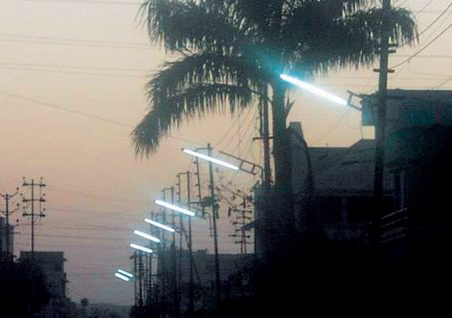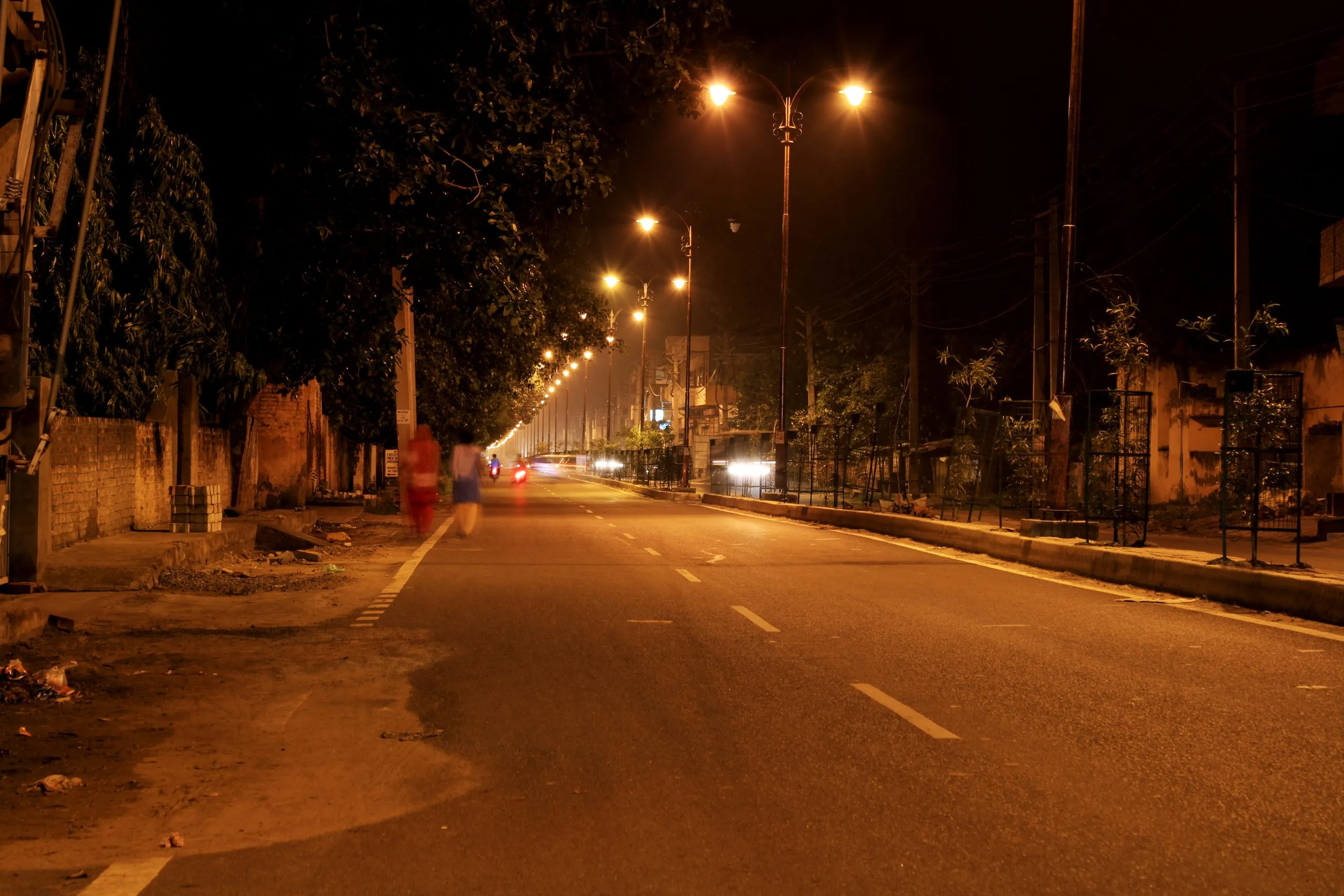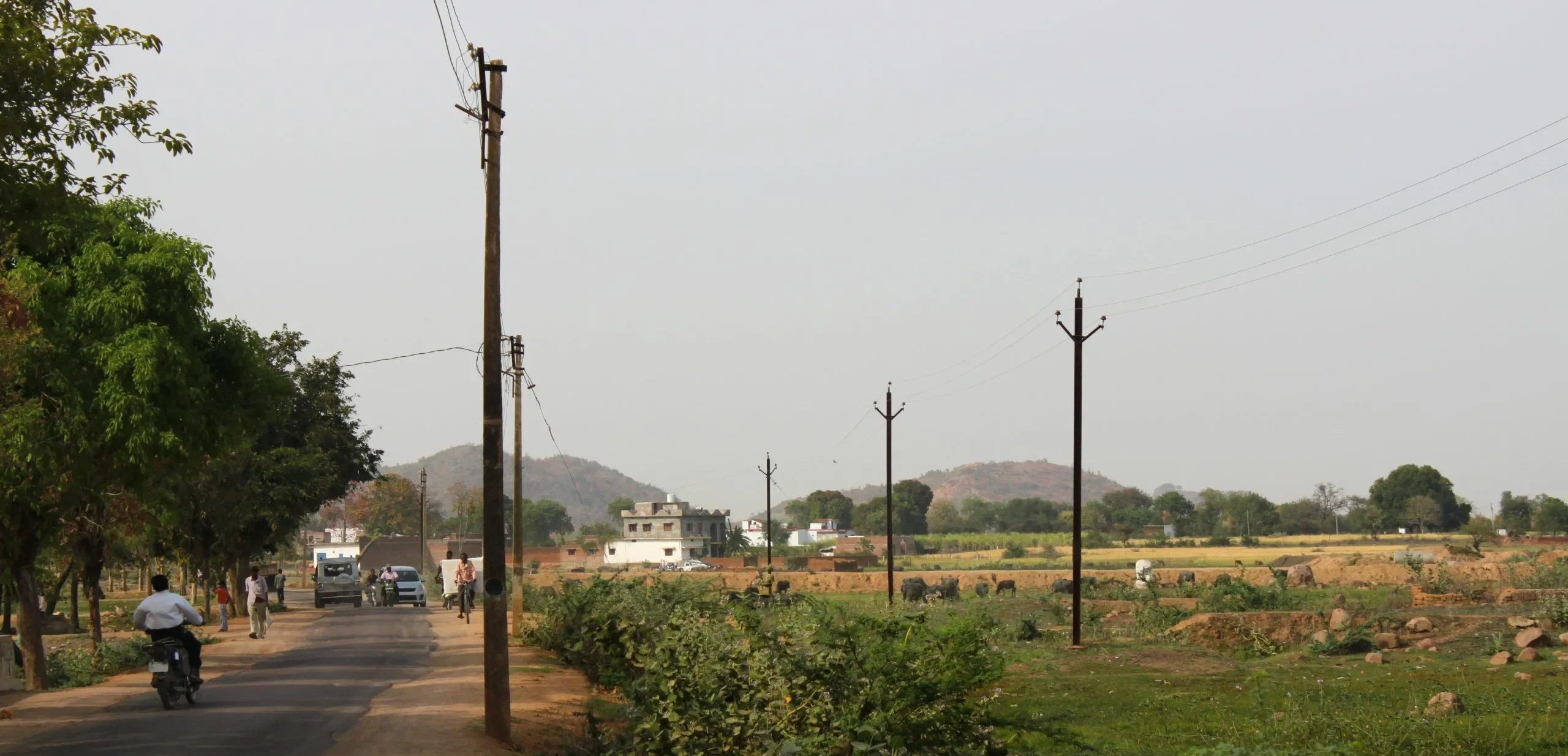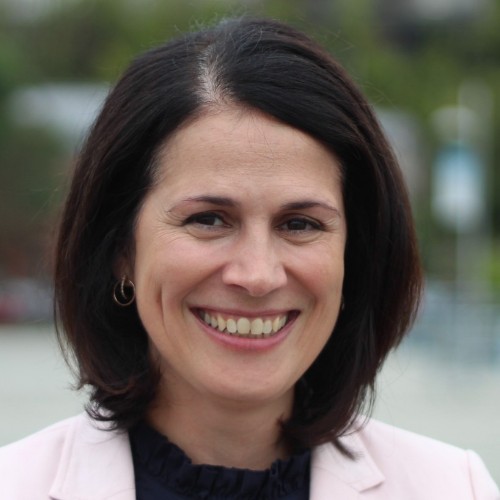The project

Street lighting represents a significant proportion of energy consumption in India, and the burden of providing the service falls on the electricity boards of each state. In several municipalities, the electricity consumed is not metered, and this provides no incentive for municipalities to improve efficiency. Furthermore, utilities have to offer street lighting electricity cheaply, resulting in financial losses, which in turn prevent them from investing in a more sustainable lighting system.
Starting in the mid-00s, REEEP worked extensively in India for several years to integrate clean energy into large-scale infrastructure. In 2005, REEEP, together with municipal corporations and the energy service company, Central Discom, supported the development of a sustainable financing mechanism for the implementation of energy-efficient street light projects in the state of Madhya Pradesh as part of REEEP’s third programme cycle in 2005/6.




